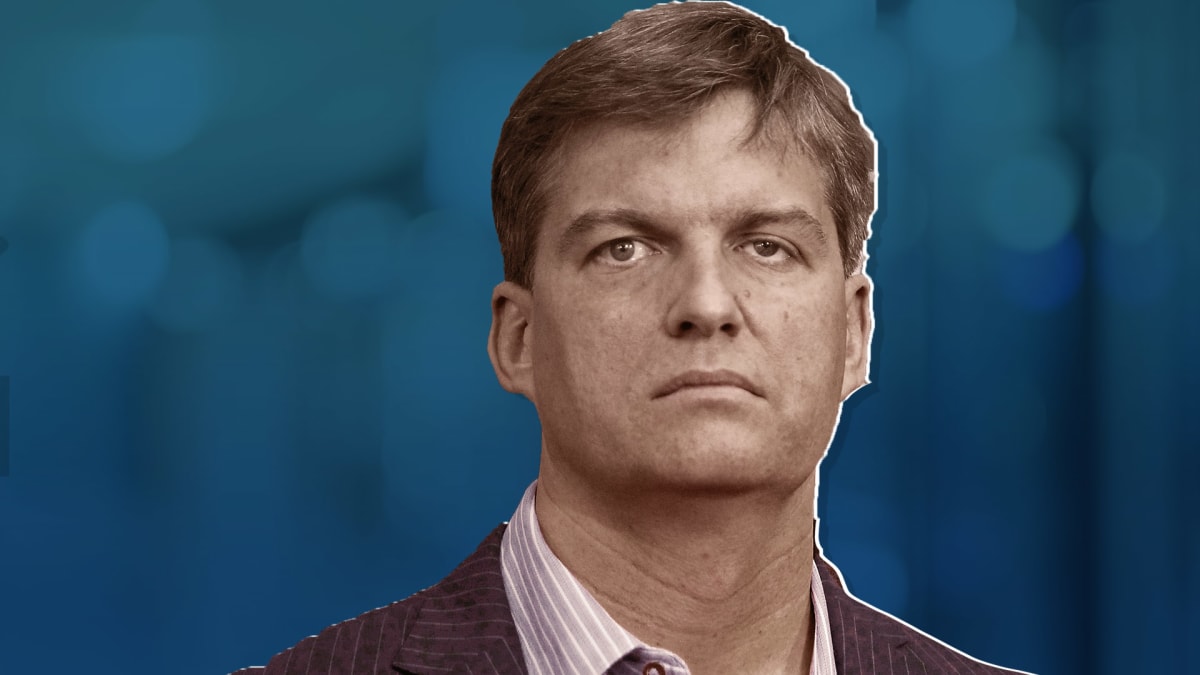
Since the unexpected bankruptcy of the FTX cryptocurrency exchange on Nov. 11, the crypto space has been trying to play the game of transparency.
The firm collapsed in a few days in the face of massive withdrawals from its customers, after being valued at $32 billion in February.
How is this possible, ask investors and regulators?
In an attempt to gain the trust of the general public, FTX's rivals, which are mostly unregulated, have been trying for the past few days to play the game of transparency. This involves publishing what they call proof-of-reserves reports.
The goal is to prove that, for every client and investor dollar held in the form of a cryptocurrency, they have an equivalent dollar in reserve in another asset, in the event that the clients want their money back. The idea is to also show that they do not misuse customers' assets, something FTX is accused of.
Troubling Audits
Binance, the largest cryptocurrency exchange in the world in terms of volume, and Crypto.com recently published the so-called proof-of-reserves reports, audited by the prestigious firm Mazars Group, formerly Donald Trump's accounting firm.
Binance's reports were mocked on social media because they showed that the information included had been carefully selected by the firm. Instead of the transparency that the general public expected, the group had chosen to publish the information that suited them.
Only a few days after the publication of this audit, Mazars announced on Dec. 16 that it cut ties with all crypto firms.
Mazars said, in an email statement, it "paused its activity relating to the provision of proof of reserves reports for entities in the cryptocurrency sector due to concerns regarding the way these reports are understood by the public.”
The company said its proof of reserves reports are "performed in accordance with reporting standards relevant to an agreed upon procedures report.”
"They do not constitute either an assurance or an audit opinion on subject matter. Instead they report limited findings based on the agreed procedures performed on the subject matter at a historical point in time,” the statement continued.
Crypto vs. CDS
For legendary investor Michael Burry, that's the problem. For him, one should not believe any audit published by Binance, FTX and other crypto firms. He explains that what happens with cryptocurrencies reminds him of what happened with Credit Default Swap: CDS auditors did not fully understand these products, so they couldn't really assess the risk behind them.
This is the case today with the cryptocurrency industry, says Burry. Therefore, anything they can say on the subject has little value. It's useless, said Burry.
"This is the problem," Bury, the founder of Scion Asset Management, said, referring to a Bloomberg article which stated that Mazars is pausing all work with crypto firms. "In 2005 when I started using a new kind of credit default swap, our auditors were learning on the job. That's not a good thing. Same goes for FTX, Binance, etc."
He added: "The audit is essentially meaningless."
Burry, whose often cryptic messages are taken as gospel by many individual investors on social networks, did not give further details. His comments are a new blow to the crypto industry, whose credibility has completely plummeted since the bankruptcy of FTX. Four days before the bankruptcy, its founder, Sam Bankman-Fried, claimed that the FTX assets were "fine."
The 2008 financial crisis, one of the biggest financial debacles in history, made Michael Burry a legend.
It made him one of the examples to follow in the defiance of standard practices in financial circles. The 2015 film "The Big Short" describes how the investor, who had no particular expertise in finance and real estate, came to understand that the sector had become a sandcastle, with financiers and bankers creating exotic products based on mortgages given to financially fragile households and borrowers with poor credit.
He, therefore, decided to bet on the collapse of the subprime mortgage market, hence the name "Big Short." History proved him right.







